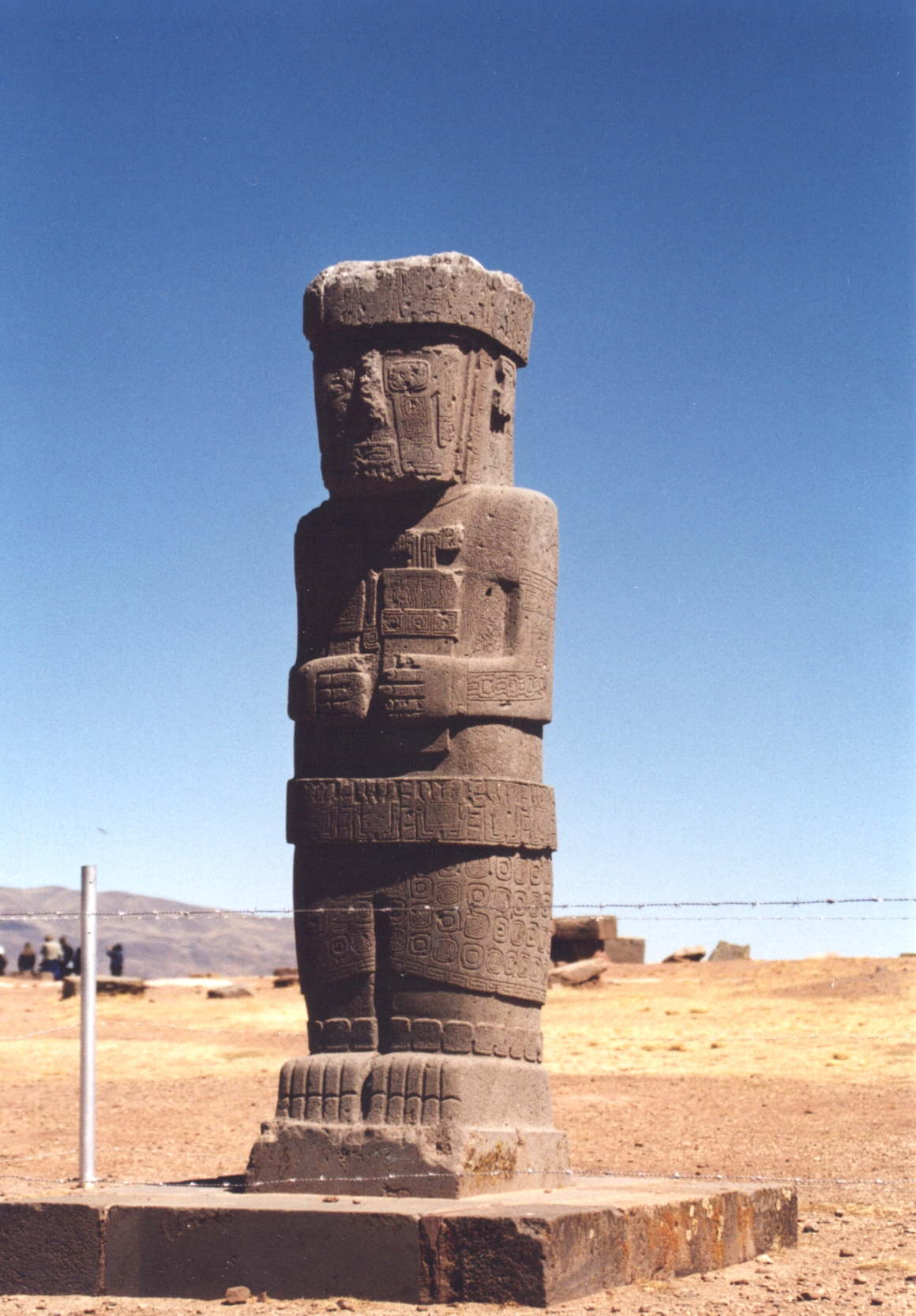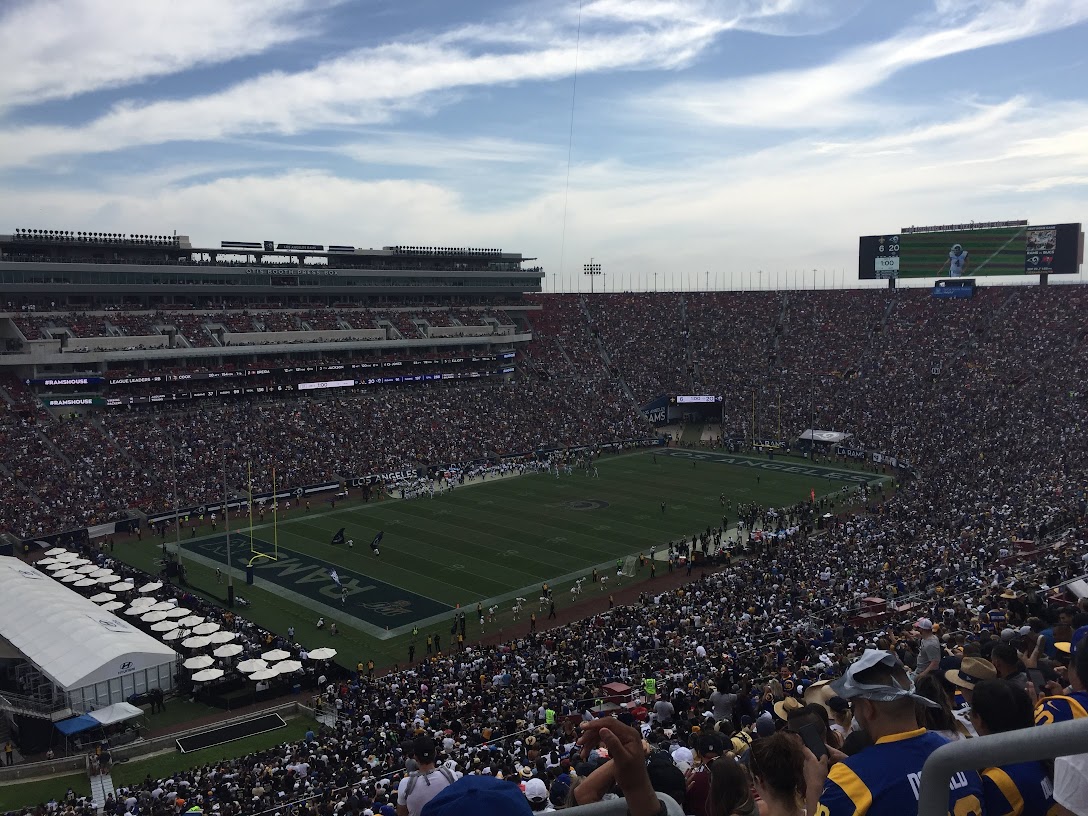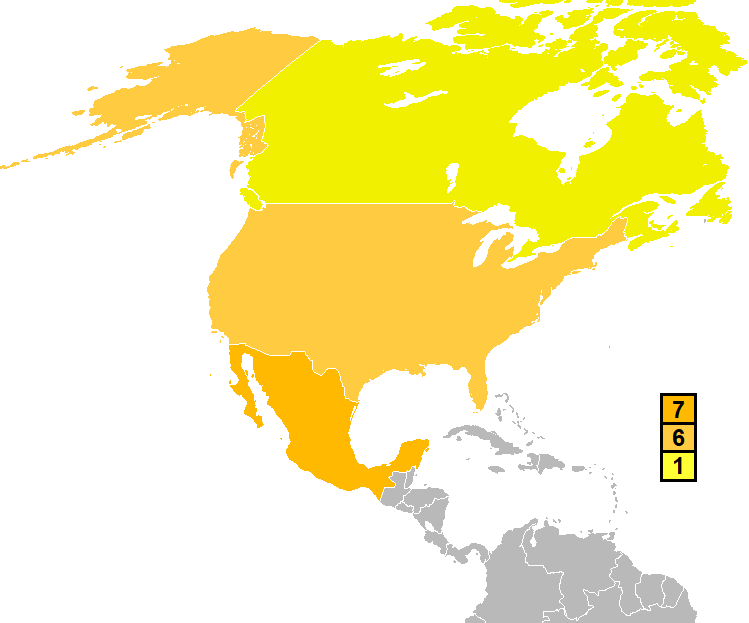|
Peru National Football Team
The Peru national football team (), nicknamed ''La Bicolor'', represents Peru in men's international football. The national team has been organised, since 1927, by the Federación Peruana de Fútbol (). It has been a member of FIFA since 1924 and a member of CONMEBOL since 1925. It was also a member of PFC, the attempt at a unified confederation of the Americas from 1946 to 1961. Peru has won the Copa América twice, and has qualified for the FIFA World Cup five times (last appearing in 2018); the team also participated in the 1936 Olympic football competition and has reached the semi-finals of the CONCACAF Gold Cup. The team plays most of its home matches at the Estadio Nacional in Lima, the country's capital. The team wears distinctive white shirts adorned with a diagonal red stripe, which combine Peru's national colours. This basic design has been used continuously since 1936, and gives rise to the team's common Spanish nickname, ''la Blanquirroja'' ("the white-and-red" ... [...More Info...] [...Related Items...] OR: [Wikipedia] [Google] [Baidu] |
Inca Empire
The Inca Empire, officially known as the Realm of the Four Parts (, ), was the largest empire in pre-Columbian America. The administrative, political, and military center of the empire was in the city of Cusco. The History of the Incas, Inca civilisation rose from the Peruvian highlands sometime in the early 13th century. The Portuguese explorer Aleixo Garcia was the first European to reach the Inca Empire in 1524. Later, in 1532, the Spanish Empire, Spanish began the conquest of the Inca Empire, and by 1572 Neo-Inca State, the last Inca state was fully conquered. From 1438 to 1533, the Incas incorporated a large portion of western South America, centered on the Andes, Andean Mountains, using conquest and peaceful assimilation, among other methods. At its largest, the empire joined modern-day Peru with what are now western Ecuador, western and south-central Bolivia, northwest Argentina, the southwesternmost tip of Colombia and Incas in Central Chile, a large portion of modern- ... [...More Info...] [...Related Items...] OR: [Wikipedia] [Google] [Baidu] |
1978 FIFA World Cup
The 1978 FIFA World Cup was the 11th edition of the FIFA World Cup, a Anniversary#Latin-derived numerical names, quadrennial international Association football, football world championship tournament among the men's senior national teams. It was held in Argentina between 1 and 25 June. The Cup was won by the host nation, Argentina national football team, Argentina, who defeated the Netherlands national football team, Netherlands 3–1 in the final, after extra time. The final was held at Club Atlético River Plate, River Plate's home stadium, Estadio Monumental Antonio Vespucio Liberti, Estadio Monumental, in the Argentine capital of Buenos Aires. This win was the first World Cup title for Argentina, who became the fifth team (after Uruguay national football team, Uruguay, Italy national football team, Italy, England national football team, England, and Germany national football team, West Germany) to be both hosts and world champions and the third South American team to win a W ... [...More Info...] [...Related Items...] OR: [Wikipedia] [Google] [Baidu] |
2019 Copa América Squads
The following is a list of squads for all 12 national teams that competed at the 2019 Copa América. Each national team had to submit a final squad of 23 players, 3 of whom had to be goalkeepers. On 31 May 2019 CONMEBOL published the lists of the twelve teams. Group A Brazil Head coach: Tite The 23-man squad was announced on 17 May 2019. On 6 June, Neymar withdrew due to an injury and was replaced by Willian. Bolivia Head coach: Eduardo Villegas The 31-man provisional squad was released on 15 May 2019. The 23-man final squad was announced on 31 May 2019. On 11 June, forward Rodrigo Ramallo withdrew injured and was replaced by Ramiro Vaca. Venezuela Head coach: Rafael Dudamel The 40-man provisional squad was announced on 10 May 2019. The 23-man final squad was announced on 30 May 2019. On 8 June, midfielder Adalberto Peñaranda was ruled out due to an injury and was replaced by Yeferson Soteldo. ... [...More Info...] [...Related Items...] OR: [Wikipedia] [Google] [Baidu] |
2019 Copa América
The 2019 Copa América was the 46th edition of the Copa América, the international men's association football championship organized by South America's football ruling body CONMEBOL. It was held in Brazil and took place between 14 June and 7 July 2019 at 6 venues across the country. This was the first time since 1991 Copa America, 1991 where no CONCACAF nation took part in the tournament. Heading into the tournament, Chile national football team, Chile were the two-time defending champions, having won the 2015 Copa América, 2015 and Copa América Centenario, 2016 editions of the tournament, but were eliminated by Peru in the semi-finals leading to the third place match against Argentina national football team, Argentina, which they also lost. Host nation Brazil national football team, Brazil won their ninth title by defeating Peru national football team, Peru 3–1 in the 2019 Copa América Final, final. Argentina national football team, Argentina took third place by beating C ... [...More Info...] [...Related Items...] OR: [Wikipedia] [Google] [Baidu] |
1975 Copa América Squads
These are the squads for the countries that played in the 1975 Copa América. The first round was played in three groups of three teams with Uruguay, receiving a bye to the semi-finals. Group A Argentina Head Coach: César Luis Menotti Brazil Head Coach: Osvaldo Brandão Venezuela Head Coach: Group B Bolivia Coach: Chile Head Coach: Pedro Morales Peru Head Coach: Marcos Calderón Group C Colombia Head Coach: Efraín Sánchez Ecuador Head Coach: Roque Máspoli Paraguay Head Coach: Semi-final Uruguay Head Coach: Juan Alberto Schiaffino Juan Alberto "Pepe" Schiaffino Villalba (; 28 July 1925 – 13 November 2002) was a Uruguayan football player who played as an attacking midfielder or forward. A highly skilful and creative play ... [...More Info...] [...Related Items...] OR: [Wikipedia] [Google] [Baidu] |
1939 South American Championship Squads
The following squads were named for the 1939 South American Championship that took place in Peru. Chile Head coach: Pedro Mazullo Ecuador Head coach: Ramón Unamuno Paraguay Head coach:Manuel Fleitas Solich Peru Head coach:Jack Greenwell John Richard Greenwell (2 January 1884 – 20 November 1942) was an English football manager and former player. He is Barcelona's longest serving manager, having coached the club for ten consecutive seasons (initially as player-coach, then as ma ... Uruguay Head coach: Alberto Suppici References {{DEFAULTSORT:1939 South American Championship squads Squads Copa América squads ... [...More Info...] [...Related Items...] OR: [Wikipedia] [Google] [Baidu] |
2000 CONCACAF Gold Cup
The 2000 CONCACAF Gold Cup was the fifth edition of the Gold Cup, the soccer championship of North America, Central America and the Caribbean (CONCACAF), and the 15th overall CONCACAF tournament. It was held in Los Angeles, Miami, and San Diego in the United States. The format of the tournament changed from 1998; it was expanded to twelve teams, split into four groups of three. The top two teams in each group would advance to the quarter-finals. Peru and Colombia were invited from CONMEBOL, and the Republic of Korea was invited from AFC. With all three games in Group D ending in ties and Canada tied with the Republic of Korea on every tiebreaker, a coin toss was used. Canada won and advanced to the quarter-finals. They went on to win their first and to date only Gold Cup title. In the quarter-finals, Canada upset defending champions Mexico in golden goal extra time 2–1. They defeated Trinidad and Tobago in the semi-finals 1–0 after Craig Forrest saved a first-half penalt ... [...More Info...] [...Related Items...] OR: [Wikipedia] [Google] [Baidu] |
CONCACAF Gold Cup
The CONCACAF Gold Cup () is an association football competition organized by CONCACAF as its top continental tournament for men's senior national teams from North America, Central America and the Caribbean. The tournament is held every two years with its inaugural edition in 1991. It is the direct successor competition of the CONCACAF Championship (1963–1989). So far, only three national teams have won the tournament: Canada, Mexico, and the United States. All of them are member associations of the North American Football Union (NAFU). History Championships before CONCACAF Before the Confederation of North, Central America and Caribbean Association Football (CONCACAF) was formed in 1961, association football in the region was divided into smaller, regional divisions. The two main bodies consisted of the Confederación Centroamericana y del Caribe de Fútbol (CCCF) founded in 1938 (consisting of Central America and most of the Caribbean) and the North American Football Co ... [...More Info...] [...Related Items...] OR: [Wikipedia] [Google] [Baidu] |
1956 Panamerican Championship
The 1956 Panamerican Championship was the second edition of the Panamerican Championship, an international football tournament featuring national teams from North, Central and South America. It was held in Mexico City, between February 26 and March 18, in 1956. The competition was contested by six teams, and was played in a round-robin format. All the matches were held at Estadio Olímpico Universitario.II. Panamerican Championship 1956 by Erik Lugo and Eduardo Mendoza on the RSSSF (blogsite, archived 22 Jun 2017) |
1952 Panamerican Championship
The 1952 Panamerican Championship was the first edition of the Panamerican Championship, an association football tournament featuring national teams from North, Central and South America. Organized by the Panamerican Football Confederation, this first edition was held in Santiago, Chile, between March 16 and April 20, in 1952. The competition, contested by six teams, was played in a round-robin format, and won by Brazil. All the matches were played at Estadio Nacional.I. Panamerican Championship 1952 by Erik Lugo and Eduardo Mendoza on the RSSSF Participating teams 6 teams participated in the championship, qualifying by various means:Venue Referees * Godfrey Sunderland * William Crawford * John Aldbridge * Charles Mckenna * Walter Manning * ...[...More Info...] [...Related Items...] OR: [Wikipedia] [Google] [Baidu] |
Panamerican Championship
The Panamerican Championship was an official continental competition of association football organized by the Panamerican Football Confederation (PFC) every four years for senior national teams, with three editions held from 1952 through 1960. The competition was similar to the Copa América but included nations not only from the South American Football Confederation (CONMEBOL) but also from the North American Football Confederation (NAFC) and the Confederación Centroamericana y del Caribe de Fútbol (CCCF) (which merged to form CONCACAF in 1961). History Panamerican Championship () and () was a competition founded in 1949 by the Panamerican Football Confederation to unify the three existing confederations of the Americas: CONMEBOL, North American Football Confederation, NAFC and Confederación Centroamericana y del Caribe de Fútbol, CCCF. This tournament had 3 editions which the champions were Brazil having two titles and one for Argentina.''Triunfos y Tristezas del equipo T ... [...More Info...] [...Related Items...] OR: [Wikipedia] [Google] [Baidu] |
1975 Copa América
The 1975 edition of the Copa América football (soccer), football tournament was played between 17 July and 28 October. The tournament saw many significant shifts to its format, such as changing its name from South American Championship to Copa América and altering from a round-robin tournament to incorporating a group stage, a knockout round, and a final. Additionally all ten CONMEBOL countries participated for the first time, with defending champions Uruguay national football team, Uruguay receiving a bye into the semi-finals and the rest starting in the group stage. For this tournament there was also no fixed venue, and all matches were played throughout the year in each country. Squads For a complete list of participating squads: see ''1975 Copa América squads'' Group stage The teams were drawn into three groups, consisting of three teams each. Each team played twice (home and away) against the other teams in their group, with two points for a win, one point for a draw, and ... [...More Info...] [...Related Items...] OR: [Wikipedia] [Google] [Baidu] |








